#king of portugal
Explore tagged Tumblr posts
Text
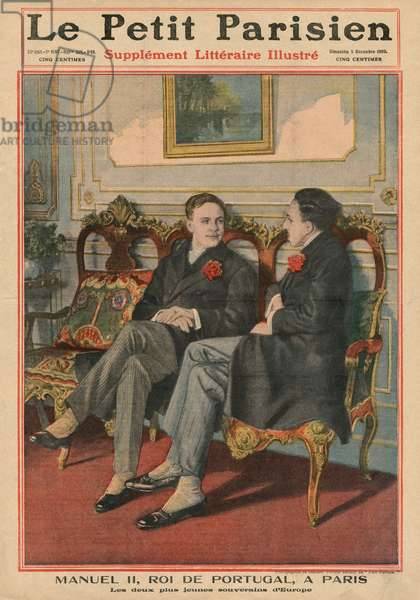
Manuel II, King of Portugal, in Paris with Alfonso XIII, King of Spain, the two youngest sovereigns in Europe, front cover illustration from 'Le Petit Parisien', supplemnet litteraire illustre, 5th December 1909 (photolitho) French School
#dianthus#carnation#portrait#1900s art#1900s fashion#Manuel II#King of Portugal#Alfonso XIII#King of Spain
3 notes
·
View notes
Text

Ash Ketchum as King Pedro I of Portugal
#drawing#artists on tumblr#art#fan art#dibujo#anime#ash ketchum#pokemon#portugal#king of portugal#history of portugal#portuguese history#ash#14th century
2 notes
·
View notes
Text
Mad, yes mad, because I would have greatness Such as Fate gives to none. No tamping down in me my sureness; Therefore, where the sand dwells, the worn Part of me stopped. not the enduring one. This my madness, accept it, those who can, Dare whatever it needs. What, without madness, is a man More than a beast after feeding A corpse adjourned, the half-alive breeding?
0 notes
Text

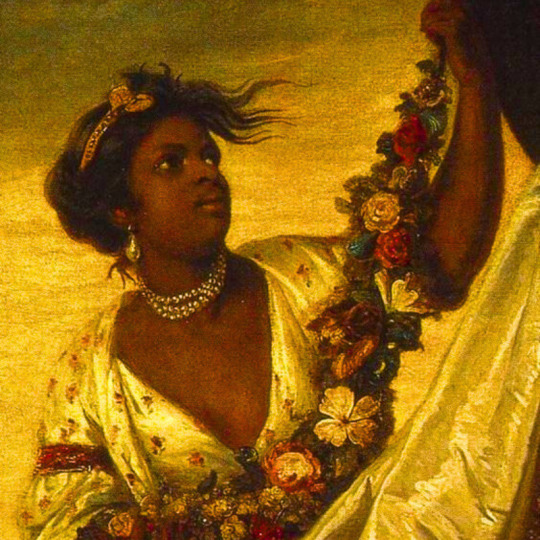
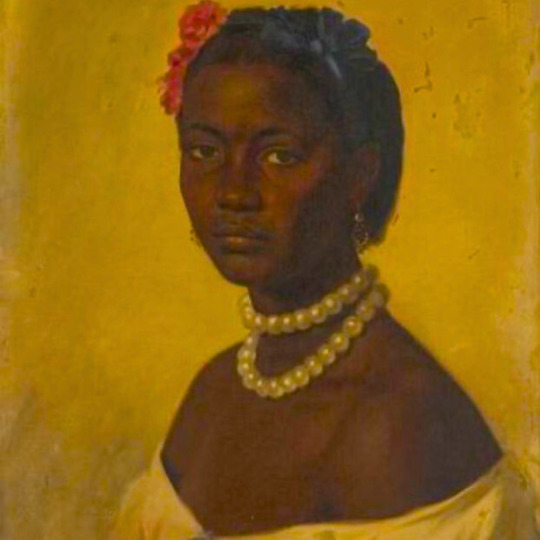


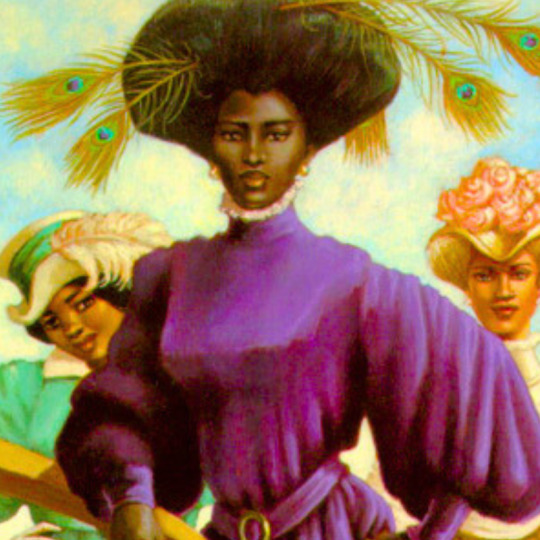
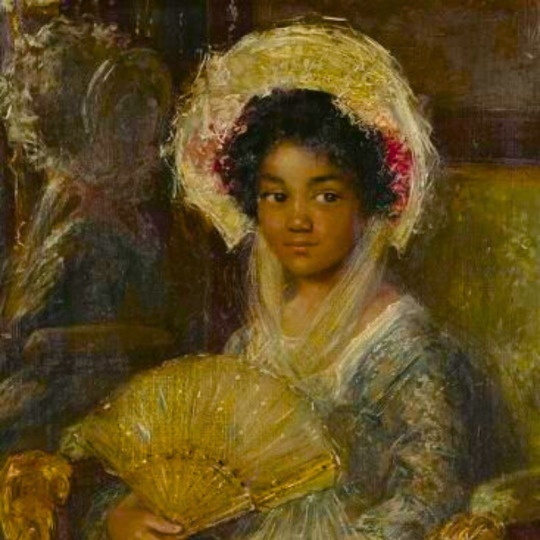
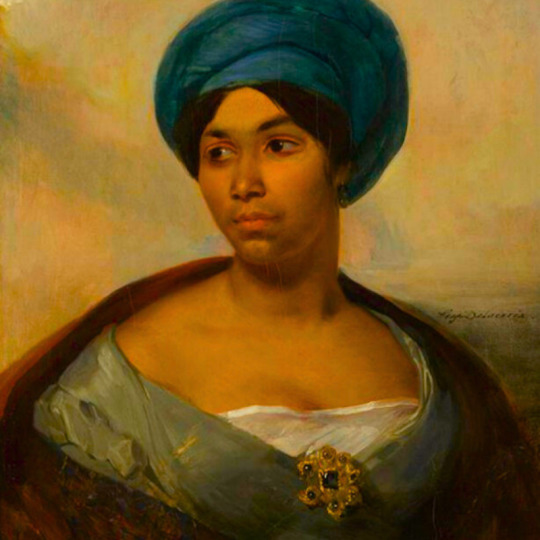
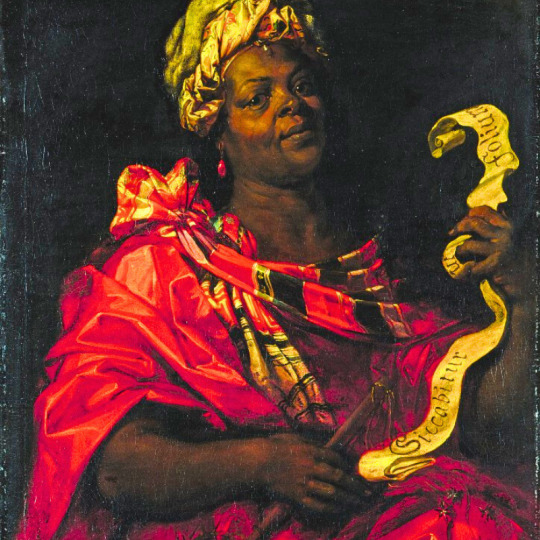
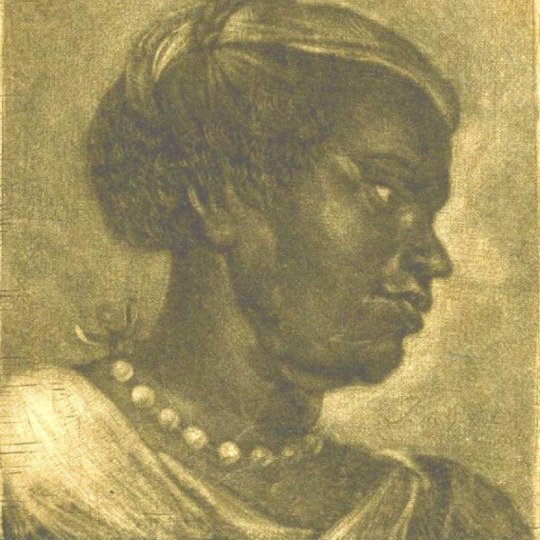
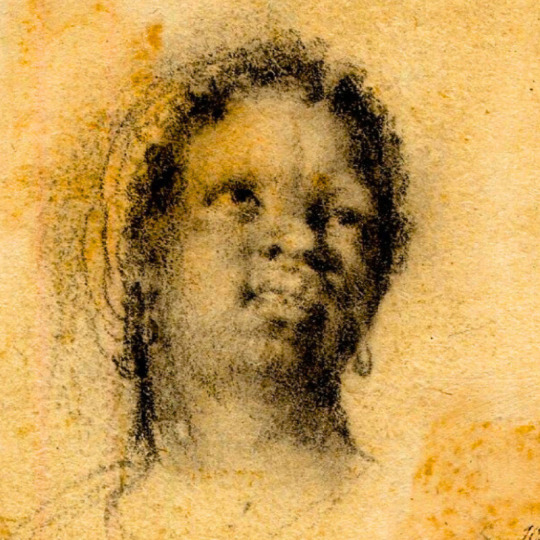

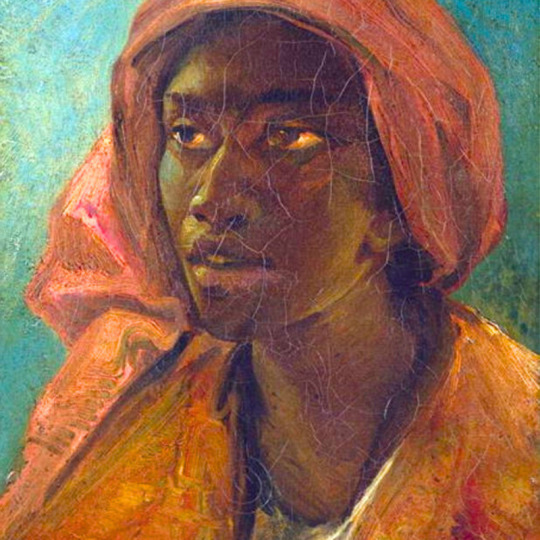
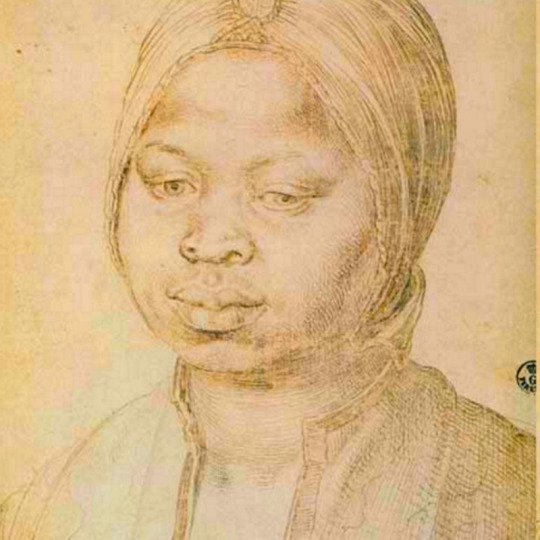
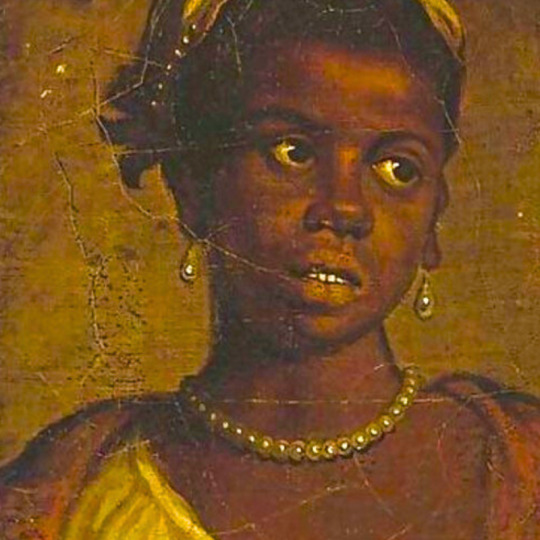

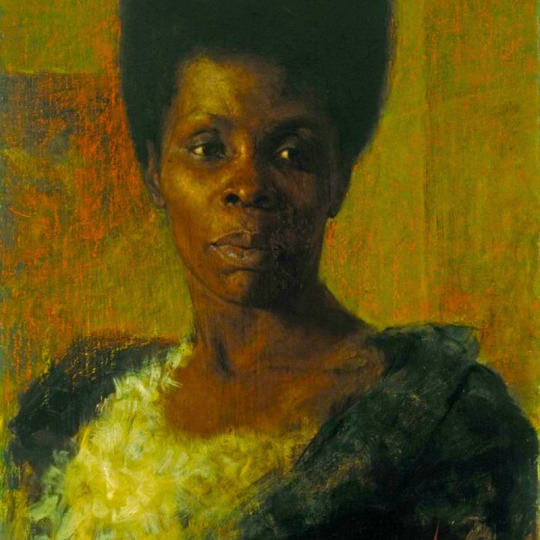
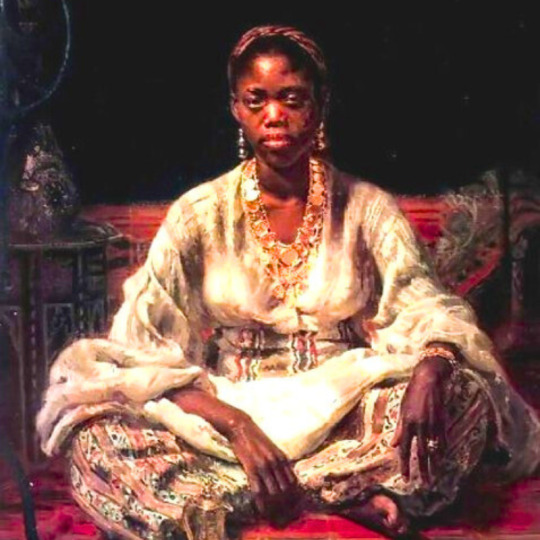
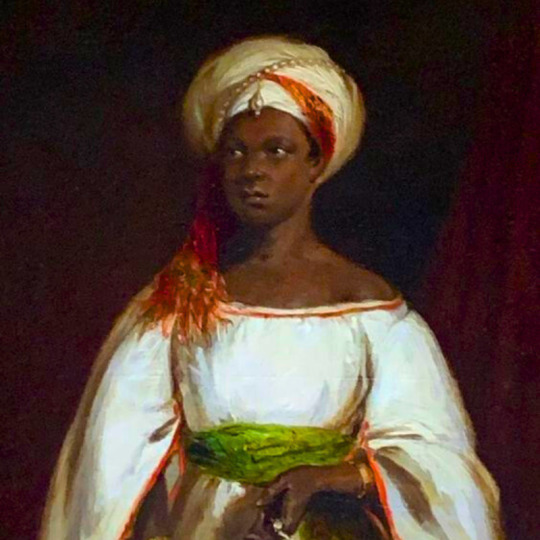
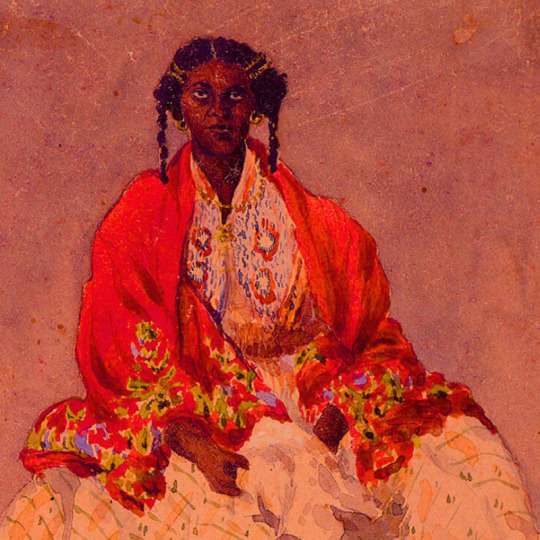
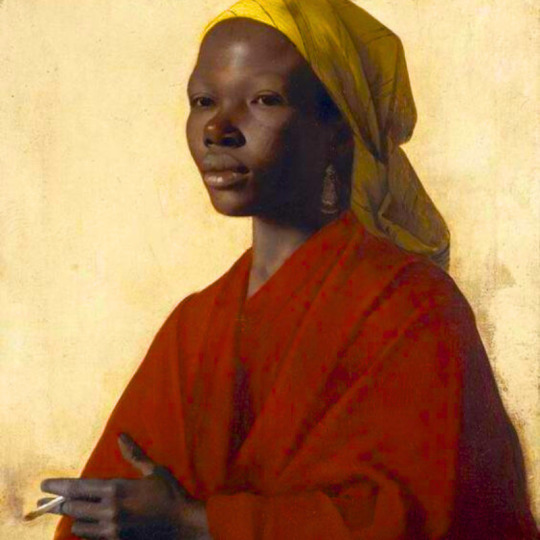
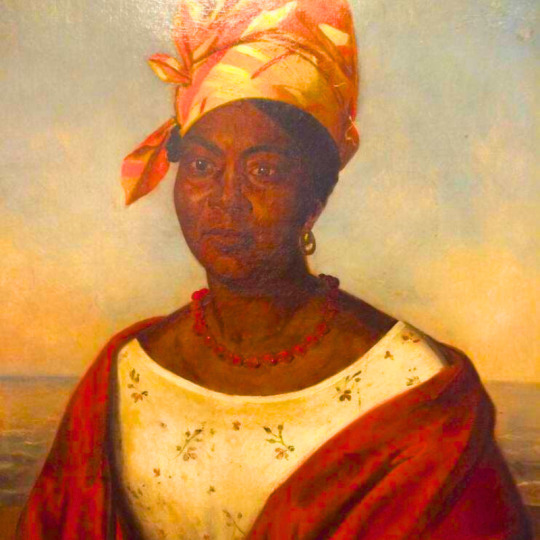
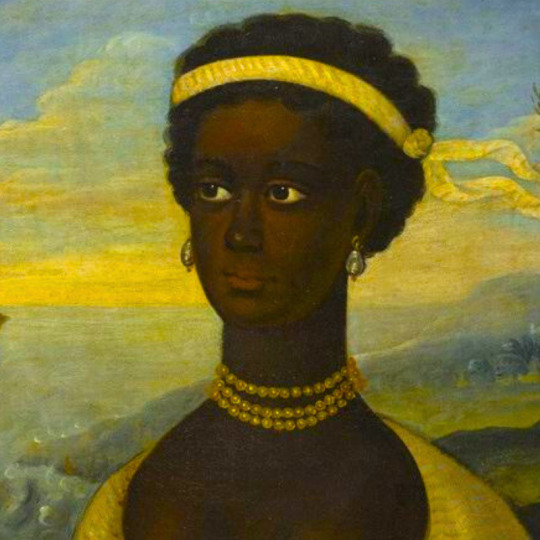
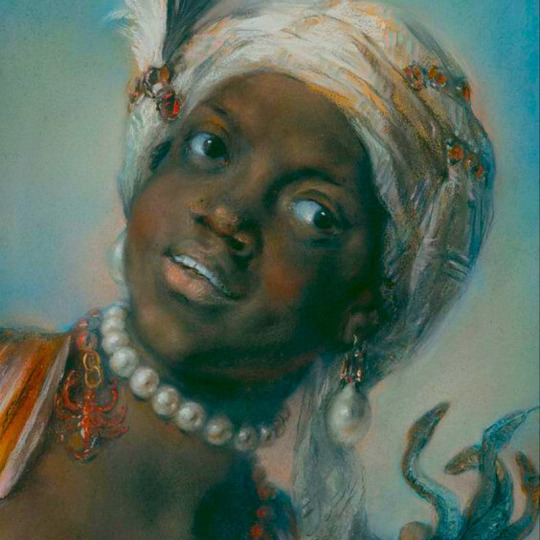
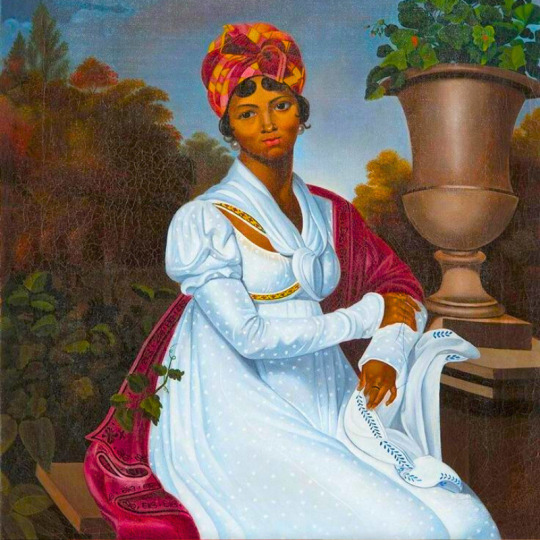
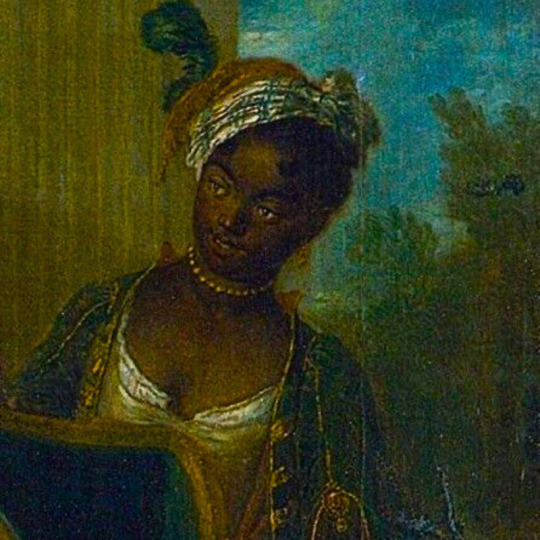
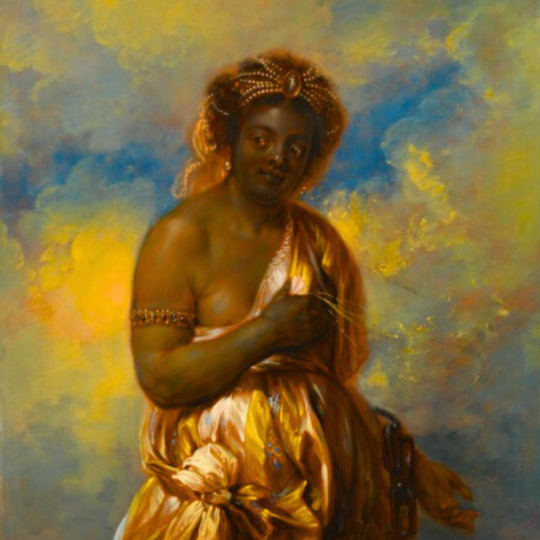
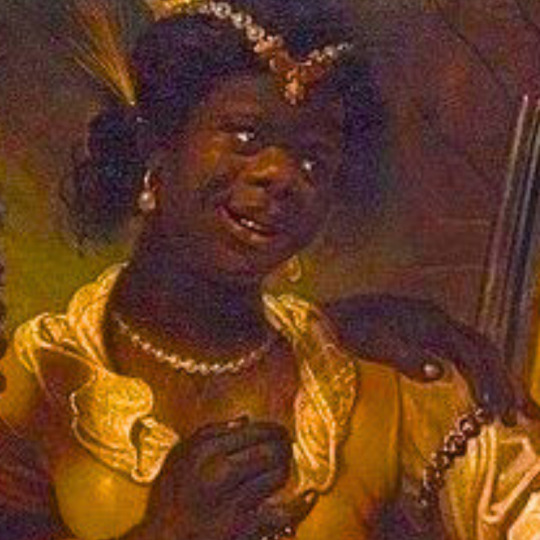
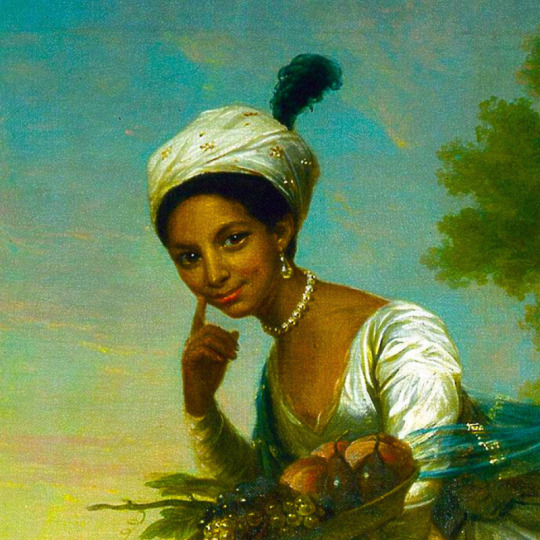
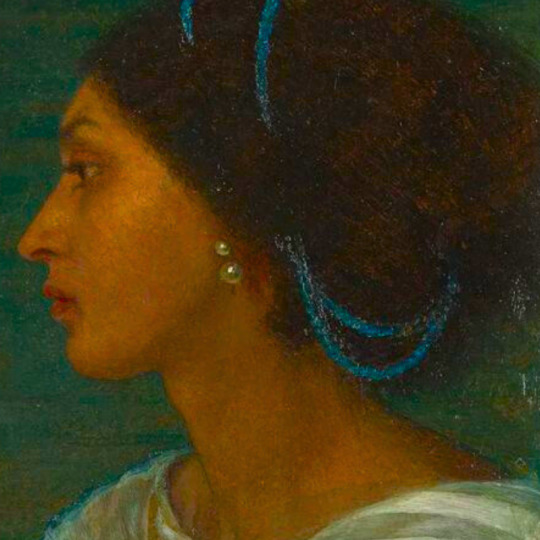
black women + art
#portrait of unknown swiss woman by unknown#portrait of lady elizabeth keppel adoring a herm of hymen england#portrait of a woman by felipe gutierrez#an african woman by willem van mieris#allegory of music by fieravino francesco ii maltese#gens de coloeur libres by leo dillon#young girl with fan by simon maris#portrait of a woman in a blue turban by eugene delacroix#the agrippine sibyl by abraham janssens#black woman wearing pearl necklace by johannes de groot ii#black woman in black chalk by frans van mieris#unknown black woman wearing a yellow head-dress decorated with pearls by peter paul rubens#young black woman by jean-louis andre theodore gericault#trade representative of the king of portugal in antwerp by albrecht durer#portrait of a moorish woman by paolo veronese#portrait d'une by marie-guilhelmine benoist#portrait of a black girl by anton azbe#untitled by ilia efimovich repin#portrait of madeleine by marie-guilhelmine benoist#unknown by unknown#sudanese beauty by leopold carl muller#woman in tignon by adolph rinck#unknown#africa by rosalba carriera#la martiniquaise by unknown#i do not know i could not find the artist#allegory of africa by jan boeckhorst#persina sitting on hyaspes' lap looking at a painting of andromeda by karel van mander iii#belle by david martin#fanny eaton by i can't find the artist
1K notes
·
View notes
Note
Hello to my favorite writer, hope your having a good day and that your drinking, resting and eating well!
~ Yandere Royal Version ~
Can you do King Henry The 7th, King Francis the 1st, King Henry V and King Manuel the 1st of Portugal x wife, watching their first born son taking their first steps

Hello my dear. Thank you so much. I hope you are having a good day/night too. Take care of yourself too. [I will scream with joy when I read King Manuel I Portuguese. Thank you for including this man in the request.]
Henry vii
Shortly after you and Henry got married, you were blessed with a healthy baby boy. This was a great joy for Henry, the Court, and the people of England. Because now there was another Prince besides Henry to continue the lineage. Weeks of tournaments and festivities were held in honor of Prince Edward's birth. Henry was already a devoted husband to you, and after your son was born, his affection for you seemed to have increased even more. He had given you many gifts in honor of your son's birth. And he was trying to spoil you as much as he could.
It was early morning. You and Henry were lying in bed. The first light of the morning had begun to fill your room. You sat up in bed and rubbed your eyes. Henry immediately greeted you by kissing your neck. He rubbed your swollen belly and asked how you and the baby were. A small laugh escaped your mouth. At that moment, the figure at the door caught your attention. Your eyes widened in surprise. Your son Edward was standing at the door, looking at the two of you.
"Henry," you squealed.
Henry's attention turned to the door. "Edward?"
Edward walked towards your bed with small steps. Henry immediately took Edward in his arms and laughed.
"That's my son."
~~~~~~~~~~~~~~~~~~~~~~~~~~~~~~
Francis i
A smile formed on your face. Your husband Francis was running around the garden with your son Antoine in his arms. Sometimes it was hard to keep up with your husband's energy. However, you hoped that his energetic and outgoing personality would never change. Francis carefully placed Antoine on the blankets on the grass. He came over to you and kissed your cheek.
"Francis," you whined.
Francis kissed your other cheek coquettishly.
"Yes, my Queen. I am at your service."
When your attention turned to your son, a sound that betrayed your surprise escaped your mouth.
"Francis, look."
When Francis turned his gaze to your son, he shifted excitedly in his place.
Antoine was standing on his own. He took a step slowly. Then another. He walked to you with small steps. You waited for your son to come to your arms with open arms. Antoine finally managed to reach your arms. After taking your son in your arms, you kissed his small cheeks. Francis stroked your son's hair affectionately.
~~~~~~~~~~~~~~~~~~~~~~~~~~~~~~~~
Henry v
Shortly after the birth of your first child, Prince Arthur, Henry left the Palace to fight in a war. The war lasted almost months. During this time, you never neglected to send each other letters. You finally learned the news of your victory through a letter that reached you. As the Queen, you decide to celebrate this victory and the return of your King husband by organizing a big celebration. Everyone was happily waiting for King Henry and his army in front of the palace. Your son Arthur had learned to stand on his own a few weeks ago. He was standing by holding on to the skirts of your dress. When King Henry came into your line of sight on his horse, you started waving.
"Arthur. Look. Your father is coming."
Prince Arthur laughs a little and points to his father with his tiny finger. Suddenly, Arthur lets go of your skirt and starts walking towards his father with tiny steps. Henry quickly gets off his horse and opens his arms. Arthur finally gets into his father's arms. Henry takes him in his arms and walks next to you. You then kiss Arthur's forehead.
~~~~~~~~~~~~~~~~~~~~~~~~~~~~~
Manuel i
You were spending time in your husband Manuel's study. You were sitting on the couch reading a book and your son Miguel was playing with his toys on the floor. Manuel was organizing some paperwork at his desk. Manuel would occasionally look at you and your son. A smile formed on his face as he looked at the two of you. When your gazes met, a smile formed on your face as well. When Miguel raised his head and looked at the two of you, he laughed sweetly.
"My little prince is so happy."
Miguel claps his hands together and applauds his father's words. This movement causes Manuel to laugh. As if an invisible force suddenly causes Miguel to stand up.
"Manuel."
Your husband watches Miguel with a surprised expression on his face. Miguel takes small steps towards his father. Manuel happily takes Miguel in his arms.
"Our son is walking. Our precious Prince."
You go to your husband and son. You hug them both in a big hug.
#the tudors#yandere tudors characters#yandere the tudors#house of tudor#yandere tudors#yandere historical characters#historical characters#yandere henry vii#yandere francis i#yandere henry v#yandere manuel i#yandere king henry the 7th#yandere king francis the 1st#yandere king henry the 5th#yandere king manuel the 1st of portugal#yandere male#yandere x reader#yandere#yandere x darling
86 notes
·
View notes
Text
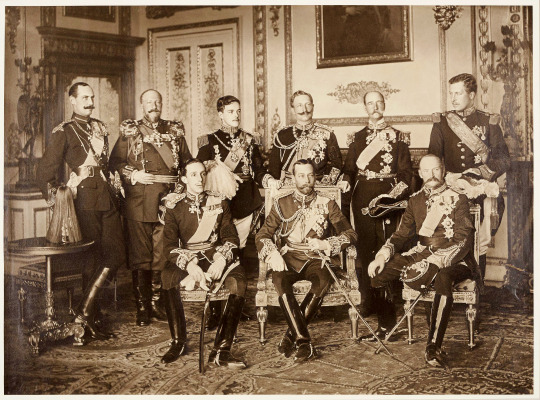
Nine European Sovereigns at Windsor Castle for the funeral of King Edward VII of the United Kingdom (Photo courtesy of Royal Collection Trust) | May 20, 1910
Standing (left to right): King Haakon VII of Norway, King Ferdinand of Bulgaria, King Manuel of Portugal, Emperor William II of Germany, King George I of the Hellenes, King Albert of the Belgians Seated (left to right): King Alfonso XIII of Spain, King George V, King Frederick VIII of Denmark
#royaltyedit#theroyalsandi#george v#king george v#king george v of the united kingdom#haakon vii of norway#king ferdinand of bulgaria#king manuel of portugal#king william ii of germany#king george of hellenes#king albert of the belgians#king alfonso xiii of sapin#king frederick viii of denmark#british royal family#my edit
79 notes
·
View notes
Text
Ben and Evie being the power couple of Auradon is a favorite AU of mine. It’s very much like Charles V and Isabella of Portugal, but without any cousin stuff. I know Audrey would have been more upset.
D3 if Ben x Evie were a thing and during the proposal:
Queen Leah: “You were supposed to be his queen, and you let someone who’s basically a carbon copy of you take your place?”
Audrey: “She’s a witch too, Grammi. She knows magic and is everything that I’m not.”
Chad: “Like being a fashion designer, the mom friend of the group, plus the fact that she’s involved in anything Isle or VK-related, just like Ben is. It’s a good match.”
Audrey: “Bitch, you were supposed to be on my side.”
#descendants#descendants 2#descendants 3#descendants rise of red#ben florian#evie grimhilde#mal bertha#jay descendants#carlos de vil#king ben#audrey rose#chad charming#ben x evie#bevie#benvie#like ik audrey would've been more pissed#charles v#isabella of portugal#habsburg#house of habsburg
32 notes
·
View notes
Note
"You're going to brazil" isnt a threat, its an inevitable fact like carcinization. All roads lead to rome? Wrong. Brazil
Pedro Álvares Cabral arriving on Brazil thinking he'd end up in India:
#and also Vicente pizon accidentally stumbling upon Brazil and not telling anyone#btw wether or not pedro Wanted to go to Brazil on purpose to discover the 'new land' is still heavily debated on#he did chat with the king of portugal at the time iirc#anyway i hope you enjoyed some of this Brazil Lore#joowee's pile of mail
24 notes
·
View notes
Text


King Willem-Alexander of The Netherlands, Queen Máxima of The Netherlands and Princess Catharina-Amalia of The Netherlands attend the state banquet in honour of President Marcelo Rebelo de Sousa of Portugal, at The Royal Palace in Amsterdam, Netherlands -December 10th 2024.
#king willem alexander#queen maxima#princess catharina amalia#dutch royal family#netherlands#2024#december 2024#portuguese state visit#portuguese state visit 2024#portugal#state banquet#state banquet 2024#marcelo rebelo de sousa#royal children#my edit
10 notes
·
View notes
Text

English School of the 17th century Double portrait of King Charles II (1630-1685) and Catherine of Braganza (1638-1705), ca.1665
#King Charles II#Catherine of Braganza#1600s#english king#english queen#king#queen#english art#england#western civilization#world history#art#fine art#european art#classical art#europe#european#fine arts#oil painting#europa#portugal#monarchy#royal#royalty#noble#nobility#european fashion#fashion
34 notes
·
View notes
Text




“What was the last thing you took a photo of?”
“My cat—he is really really fat and we try to exercise him because he’s huge”
x
#if ur curious: ale a pic of spa . gio a pic of himself ☠️ . fuoco a pic of ale . Miguel of his football club & Nicklas of his bike#James calado#my Portugal king 👑#wec#fair warning quality isn’t great on the vid LMAO .. they weren’t sure what everyone had in their phone gallery
25 notes
·
View notes
Text

By Appointment to His Majesty King George VI
I did not expect to find any reference to my favorite king while vacationing in Portugal, but I went to a port tasting in Porto and lo and behold! There was his name! 🤴🏻
You just never know where the Bertie trail will turn up! 😉
#king george vi#enjoy your after dinner port Bertie!#Royal warrant#portugal#sandeman#british royal family
8 notes
·
View notes
Text
Reign 2013-17/01-03
Maria e Francesco

"Ho un desiderio desolato di te stasera. Ahimè stasera e sempre"

#mary stuart#francis de valois#adelaide kane#toby regbo#season1#01×03#reign#face expression#mary×francis#FRARYOTP#tobelaide#the way they look at each other#engagement#french court#they are so beautiful#dauphin#future king of france#love#fated#portugal#tomas of pamela#manolo cardona#gabriele d'annunzio#quotes#italian literature#xix century#love quotes
15 notes
·
View notes
Text
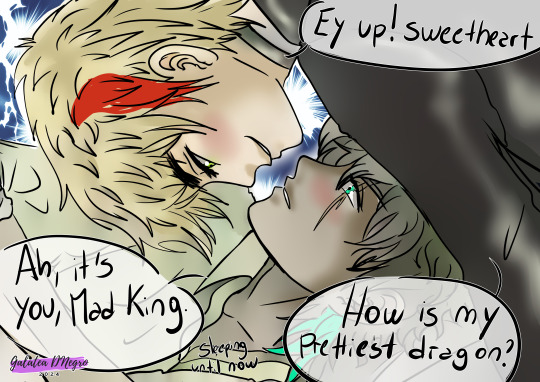
I was preparing this and suddenly @kaimaciel's hc attacked and it was an amazing coincidence (once more~).
A little of these for the soul, hope you like it!
#hetalia#aph portugal#engport#aph england#porteng#hws portugal#rosas headcanons#gangstalia#mafiatalia#axispowershetalia#axis powers ヘタリア#hetalia axis powers#they met each other since forever#and Mad King loves to give him surprises#mad king x blue dragon#Blue Dragon loves naps
41 notes
·
View notes
Text
¡Olé! It's Sunday!

#actually obsessed with how Portugal can just blackmail tf outta Spain. what a king#hetalia#aph spain#aph romano#aph portugal#spain sunday
59 notes
·
View notes
Text

Manuel Maria Filipe Carlos Amélio Luís Miguel Rafael Gabriel Gonzaga Xavier Francisco de Assis Eugénio, King Manuel II of Portugal Auguste Viktoria Wilhelmine Antonie Mathilde Ludovika Josephine Maria Elisabeth of Hohenzollern, Queen consort of Portugal
German vintage postcard
#ludovika#viktoria#antonie#antonie mathilde ludovika josephine#auguste viktoria#manuel#photo#auguste#miguel#carlos#ansichtskarte#wilhelmine#manuel maria filipe carlos amélio luís miguel rafael gabriel gonzaga xavier francisco de assis eugénio#postal#postkaart#sepia#tarjeta#ephemera#photography#carte postale#gabriel#consort#filipe#mathilde#elisabeth#king#portugal#historic#maria elisabeth#francisco
7 notes
·
View notes